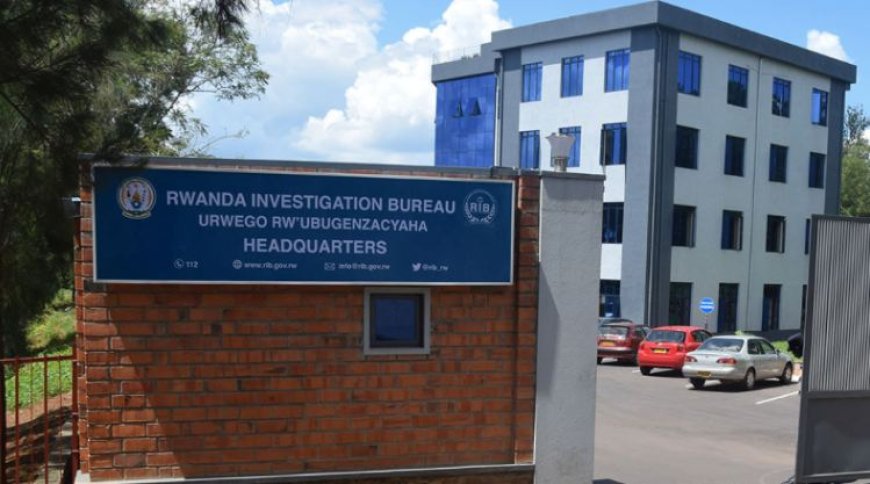Supreme Court upholds RIB's Authority to search people, premises without warrant
The Supreme Court has ruled to allow the Rwanda Investigation Bureau (RIB) to pursue searching persons, buildings, and premises without court warrants if investigators believe that there are reasonable grounds for suspecting that a crime is being committed there.

The ruling was in response to a petition filed by Edward MURANGWA, a city lawyer who was challenging the constitutionality of several portions of the 2017 law establishing RIB and determining its mission, powers, organization, and functioning.
Particularly, part of MURANGWA’S argument was against the 10th article of the law which allows investigators to search any person or property, and enter premises without a warrant if there are reasonable grounds for suspicion that a criminal act is being committed or is to be committed there, or reasonable grounds suggesting that the premises are housing a criminal suspect or an object used in committing a crime.
He said such provisions contravene several articles of the constitution including the 13th one which says that a person is sacred and inviolable and that the state must have respect for, protect, and defend the person.
Normally, a search warrant is a written order authorizing law enforcement officers to search specific persons or premises. MURANGWA argued that such investigative searches infringe upon human rights and contends that the judiciary, as the entity responsible for overseeing human rights, should be involved in approving these searches.
He cited Article 43th of the Constitution of Rwanda, which designates the judiciary as the guardian of human rights and freedoms, to support his argument. Additionally, he asserted that RIB, being part of the executive branch, should not have the power to issue search warrants, as it would violate the separation of powers enshrined in Article 61 of the Constitution.
The petition also highlights Article 23th of the Constitution, which safeguards the privacy of individuals’ homes unless authorized by the law under specific circumstances. According to this provision, no search or entry into a home should take place without the consent of the owner, except in situations determined by the law and established procedures. It emphasizes the importance of upholding confidentiality in correspondence and communication, which can only be waived under circumstances and procedures prescribed by law.
Based on that, MURANGWA pointed out that it is not proper for RIB, which is part of the executive branch of government, to enter and search people’s premises without first getting authorization from the judiciary, which is in charge of human rights.
During one of the previous sessions, attorneys representing the government, Spéciose KABIBI and Petronille KAYITESI, argued that while government branches are independent, they work in cooperation with mutual trust and complement each other.
They cited examples from other countries where search warrants are often seen as formalities, with judges occasionally providing investigators with blank documents to fill in the operation's details.
In a ruling issued regarding the case, the Supreme Court said MURANGWA’S case did not have grounds, noting that the judges did not find the law establishing RIB to be in contravention of the constitution.

MURANGWA had also asked the court to examine whether there is a need to provide guidelines on the reasonable grounds that make premises to be considered for search operations without a court warrant but the judges also ruled that the court does not need to examine that.
After the Supreme Court's conclusion, People show that they are unhappy with that, and thank MURANGWA's efforts for public interest and human rights support through this petition.
Newtimess, social media...
 Kinyarwanda
Kinyarwanda
 English
English






























